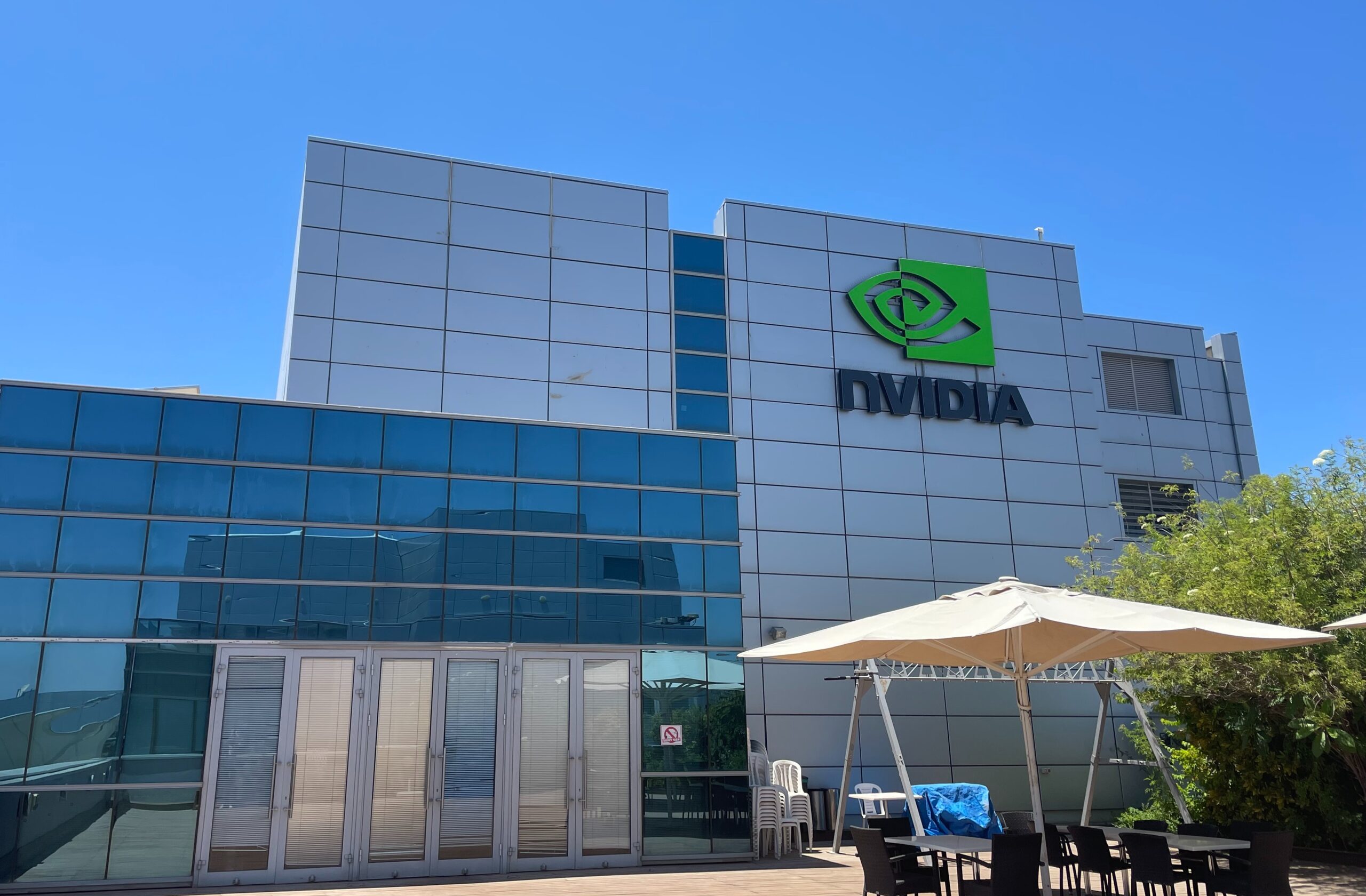After a historic 25-year run, Intel Corporation will soon exit the Dow Jones Industrial Average, ceding its place to Nvidia, a fast-rising AI powerhouse. This decision, announced by S&P Dow Jones Indices, is emblematic of broader shifts within the tech industry as artificial intelligence becomes the driving force of innovation. Intel, once synonymous with cutting-edge semiconductor technology and personal computing, now finds itself struggling to keep pace in an era marked by rapid advancements in AI and machine learning—fields where Nvidia has established itself as a pivotal player.
Intel’s story began in Silicon Valley in 1968 when it was founded as a memory chip manufacturer. Soon, Intel transitioned to developing microprocessors, the technology that would fuel the personal computing revolution. By the 1990s, Intel was riding high, with its processors powering PCs across the globe. The “Intel Inside” campaign became a cultural phenomenon, and Intel’s reputation for quality and performance was so entrenched that it became one of the original technology companies to join the prestigious Dow Jones Industrial Average. This inclusion was a crowning achievement, reflecting the integral role Intel played in the computing industry.
Yet as technology evolved, so did the semiconductor industry’s demands, and Intel began to face mounting competition. Taiwan Semiconductor Manufacturing Company (TSMC), Intel’s rival in chip manufacturing, emerged as a leader in advanced semiconductor technology, outpacing Intel’s manufacturing capabilities. While Intel struggled to keep up with these innovations, other companies, particularly those involved in artificial intelligence, began capitalizing on the shifting technological landscape. Intel’s decision to forego an investment in OpenAI, the company behind ChatGPT, proved a costly oversight as generative AI began reshaping industries and driving significant growth.
The consequences of these missed opportunities have taken a toll on Intel’s financial performance. So far this year, Intel’s stock (INTC) has declined by a staggering 54%, making it the worst-performing stock on the Dow and bringing it to the lowest price on the price-weighted index. Friday saw Intel’s shares fall another 1% in after-hours trading, reflecting continued investor concern about its ability to navigate the AI-driven future. For Intel, a company once synonymous with innovation, these financial struggles mark a dramatic reversal.
In sharp contrast to Intel’s trajectory, Nvidia has experienced explosive growth. Originally known for its graphics processing units (GPUs) in gaming, Nvidia has transformed its technology to serve the rapidly expanding AI sector. Nvidia’s GPUs have proven crucial for artificial intelligence applications, powering machine learning models and high-performance computing tasks. Nvidia’s strategic pivot has led to remarkable growth, with shares rising nearly sevenfold over the past two years. In 2023 alone, Nvidia’s stock has more than doubled, underscoring investors’ confidence in its role at the forefront of AI.
The company’s growth trajectory has been fueled not just by its technological advancements but by its expanding influence across industries. Nvidia’s chips are now essential for a variety of applications, from autonomous vehicles to healthcare, making it one of the most critical companies in the AI ecosystem. Nvidia’s recent 10-for-1 stock split in June 2023 played a key role in broadening access to its shares for retail investors, enhancing its appeal and paving the way for its inclusion in the Dow Jones Industrial Average.
The replacement of Intel by Nvidia in the Dow Jones signals more than a simple reshuffling of index members—it signifies a paradigm shift within the semiconductor industry. Where Intel once epitomized the rise of the personal computer age, Nvidia now represents the dawn of the AI era. This shift highlights the technology sector’s growing focus on artificial intelligence and machine learning as transformative forces in the global economy. Nvidia’s inclusion in the Dow marks the start of a new chapter, one where AI and advanced computing will be at the core of the industry’s growth, leaving Intel to grapple with the challenges of redefining itself in a market that has evolved beyond its foundational innovations.






